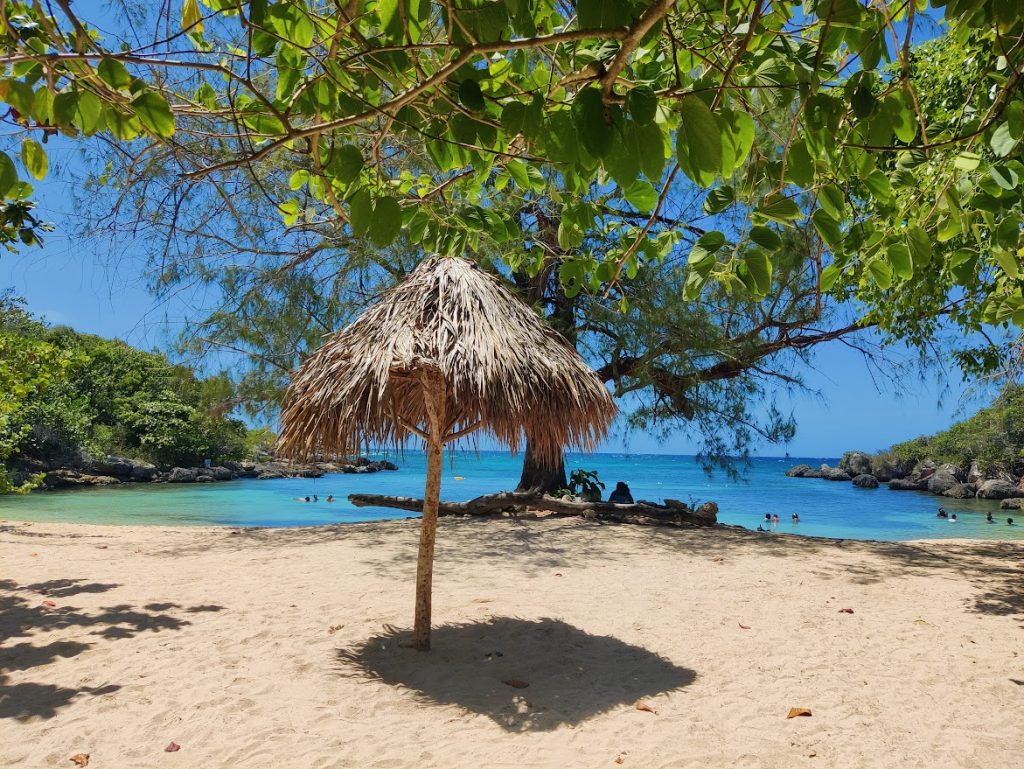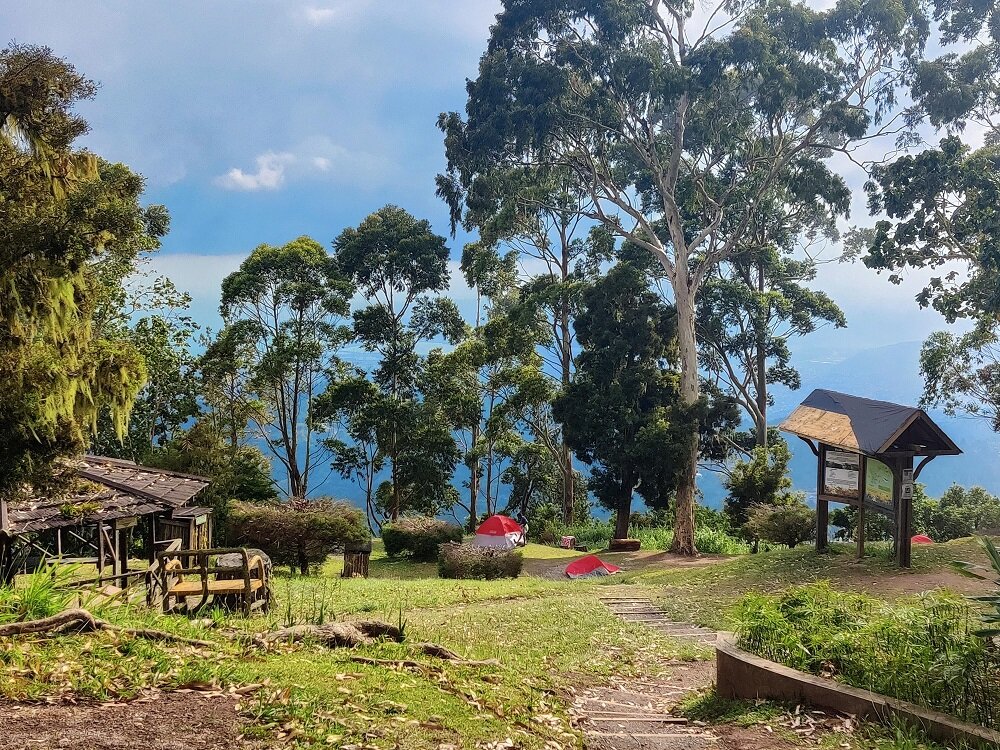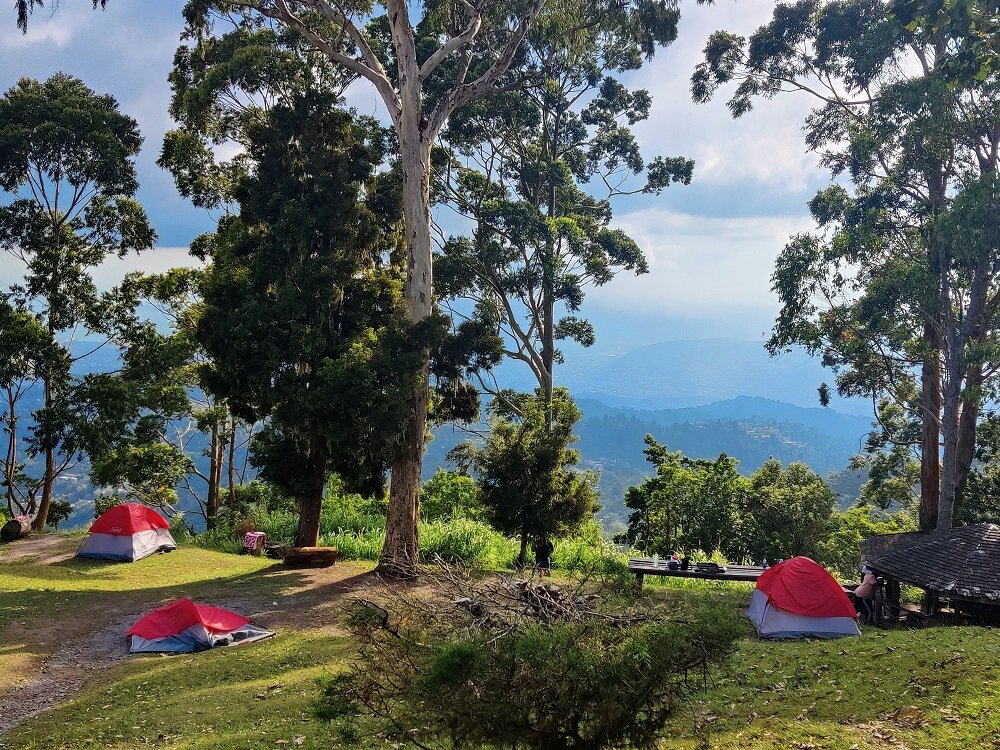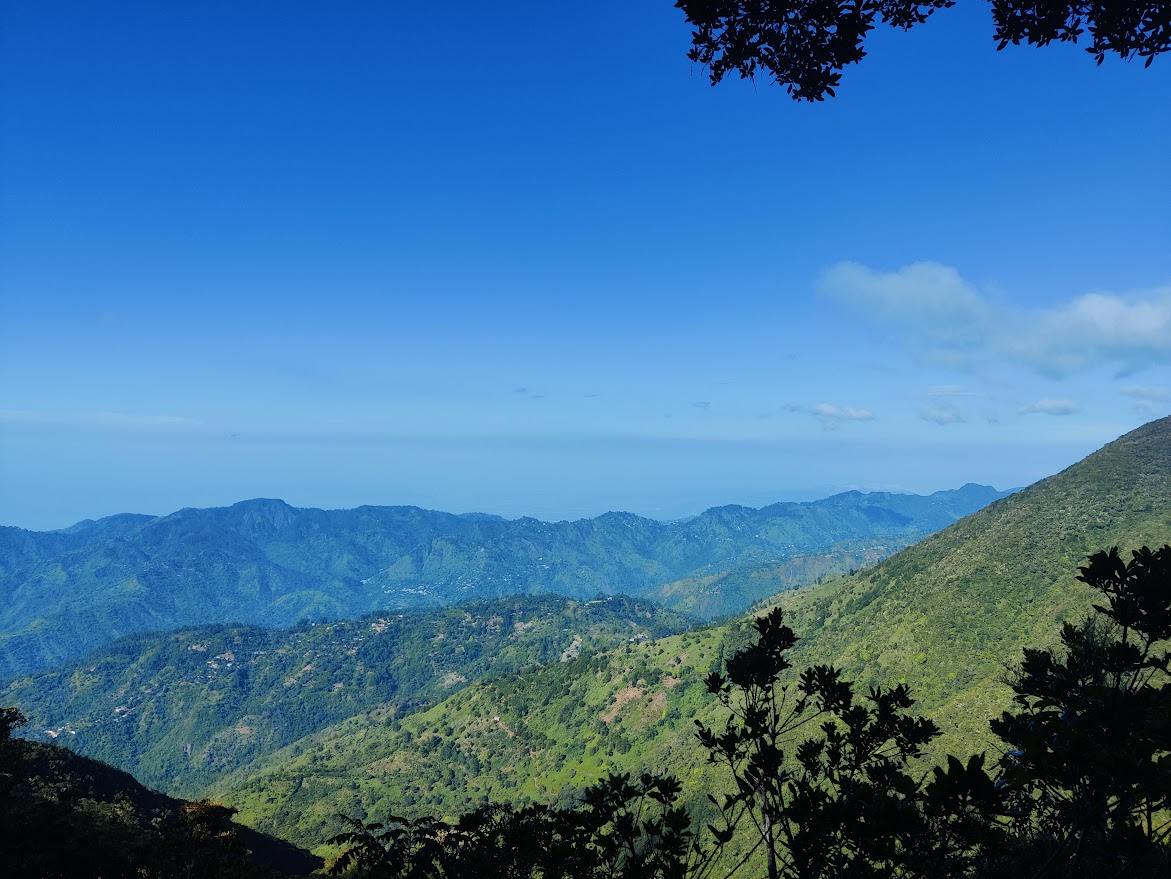Going backpacking in Jamaica offers you an adventure deep in the vibrant culture and stunning natural landscapes of a country that will stay on your mind for a long time for come. Your journey will take you from the idyllic beaches that Jamaica is famous for to the majestic Blue Mountains, crisscrossing a land of lush rainforests, cascading waterfalls, and historic plantations. With options that cater to every budget, backpacking on this Caribbean island allows for an immersive experience that’s as affordable as it is enriching.
To backpack Jamaica on a budget, strategic planning is key. Accommodations range from hostels to local guesthouses, providing economical options for rest between your escapades. Street markets and cookshops present a way to indulge in Jamaican cuisine without breaking the bank, while public transport offers an inexpensive means to travel through the island. You can maximize your Jamaican experiences by adopting a budget-friendly approach. You can maximize your experiences in Jamaica, make sure your trip is filled with discovery and local interaction.
Your Jamaican Backpacking Trip
Go on a backpacking adventure in Jamaica, weaving through vibrant beaches to the majestic Blue Mountains. The keys to your journey are effective budgeting and a well-planned travel itinerary.
Budgeting for Your Journey
Accommodation: Hostels and guesthouses are your most economical options, ranging from $15 to $30 per night. Consider booking in advance to secure the best rates.
Food: Street food and local eateries will save you money, with meals averaging $5 to $10. For a balanced budget, mix self-catered meals with dining out.
Transportation: Public buses and route taxis are the most cost-effective modes of transport, costing about $1 to $3 per trip. Renting a car offers flexibility, but factor in rental and fuel costs, approximately $40 per day.
Activities: Entry fees for attractions like the Blue Mountains can vary, typically around $20 to $50. Plan and prioritize to align with your budget.
Daily Budget:
- Economical: Under $50
- Moderate: $50-$100
- Comfortable: $100-$150
Travel Itinerary Planning For Backpacking in Jamaica
Duration: Determine the length of your trip. A typical backpacking journey in Jamaica spans 1 to 2 weeks.
Destinations: Then, come up with key locations you wish to visit. Popular spots include Negril’s beaches, Ocho Rios for waterfalls, and Port Antonio for its natural beauty.
Transport Links: Research transport connections between your chosen destinations. Factor in travel time to make sure you have a realistic schedule.
Cultural Events: Check the local calendar for festivals or cultural events you may want to experience during your stay and plan according to them.
Emergency Contacts: Save local emergency numbers and the address of your country’s embassy or consulate in Jamaica.
Discovering Jamaican beaches

Whether you’re soaking up the sun or swimming in crystal-clear waters, Jamaican beaches offer breathtaking experiences that are essential to your backpacking journey.
Jamaica Backpacker: A Beach Hopping Guide
Jamaica boasts a variety of beaches, each with unique characteristics. People revere Seven Mile Beach in Negril for its miles of white sand and vibrant sunsets. Doctor’s Cave Beach in Montego Bay is famed for its clear turquoise waters and is believed to have medicinal properties. For more seclusion, Frenchman’s Cove in Portland offers a private escape with a picturesque river merging into the sea. Use this list to plan your route:
- Negril: Seven Mile Beach, Bloody Bay
- Montego Bay: Doctor’s Cave Beach and Cornwall Beach
- Ocho Rios: Turtle Beach, James Bond Beach
- Portland: Frenchman’s Cove, Winnifred Beach
- Kingston: Hellshire Beach, Fort Clarence Beach
Coastal Backpacker Accommodation
When staying along the coast, you have numerous lodging options suited to your budget. Hostels and guesthouses are plentiful, providing both comfort and opportunities to meet fellow travelers. In Negril, consider the Jamaica Tamboo Resort for affordable rooms steps away from the beach. Montego Bay offers The Bird’s Nest, which is well known for its hospitality and proximity to the ocean. Reggae Hostel, known for its friendly atmosphere and community vibe, offers budget accommodations in Ocho Rios. Ensure you book in advance during peak season to secure the best spots. Here’s a brief guide:
- Negril: Jamaica Tamboo Resort, Judy House
- Montego Bay: The Bird’s Nest, Cedar Ridge Lodge
- Ocho Rios: Reggae Hostel, Backpackers Hostel
- Portland: Germaican Hostel, Search -Me-Heart
- Kingston: Kingsworth Hostel, The Durham Hostel
Exploring the Blue Mountains
The Blue Mountains offer an unforgettable trekking experience with diverse trails and the need for careful preparation for overnight camping at high altitudes.

Mountain Trails and Routes
In the Blue Mountains, you’ll find a variety of trails suited to different skill levels. The Blue Mountain Peak Trail is a prominent path; it’s a 7-mile hike that takes you to the highest point on the island, offering stunning panoramic views. The trailhead starts at Mavis Bank, and it typically takes 3–4 hours to reach the peak. Make sure you have a map and compass with you, as trails may not always have clear markings.
Cinchona Botanical Gardens to Portland Gap is another route, less trodden but rewarding with its exotic plants and bird-watching opportunities. For a well-paved path and a challenging climb, Jacob’s Ladder, with its 3,000 steps, is a must-try.
High-Altitude Camping Essentials

When camping in the Blue Mountains, it’s crucial to be prepared for cold temperatures and unpredictable weather. Your packing list should include:
- A sturdy tent with a weatherproof fly
- Sleeping bags rated for temperatures as low as 0°C (32°F)
- An insulated sleeping pad
- Warm clothing layers: thermal underwear, fleece, and a waterproof jacket
- High-calorie food that’s easy to cook
- A reliable stove, fuel, and a means to purify water
Familiarize yourself with the Leave No Trace principles to minimize your impact on the environment. Always inform someone of your plans and expected return before heading out.
Cultural immersion and activities
Jamaica offers a rich tapestry of culture that you can experience through local events and its diverse cuisine.
Local Festivities and Events
- Reggae Sumfest: This is Jamaica’s premier music festival, typically held in Montego Bay each July. You can immerse yourself in the rhythms of reggae and dancehall music.
- Accompong Maroon Festival (January 6th): Celebrate the history and culture of the Maroon community with traditional music, drumming, and dancing.
Cuisine and Gastronomy
- Local Eateries: Try the famous jerk chicken at roadside stands or local diners, such as Scotchies.
- Cooking Classes: Participate in a Jamaican cooking class to learn how to prepare authentic dishes like ackee and saltfish or curry goat.
Practical Tips for Jamaica Backpackers
Exploring Jamaica on a budget is entirely possible with a bit of planning. Focus on transportation and safety measures to enhance your backpacking experience.
Transportation on a Budget
- Local Buses: Utilize the extensive route of public buses for the most cost-effective way to travel. Prices are typically below 100 Jamaican dollars per trip.
- Route Taxis: Shared taxis, known as route taxis, offer affordable fares for common destinations. Confirm the price before entering to avoid overcharging.
Travel Tip: Purchase a prepaid local SIM card to access transportation apps, which can provide real-time information, helping you navigate the island economically.
Safety and health precautions
- Stay alert: Be aware of your surroundings, especially in crowded areas. Secure your belongings and use a money belt or neck wallet to safeguard your documents and cash.
- Health Services: In cases of medical needs, there are clinics and pharmacies widely available. We recommend health insurance for travelers to cover any unexpected treatment costs.
Prevention: Apply mosquito repellent regularly and drink bottled or treated water.

